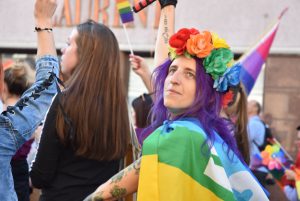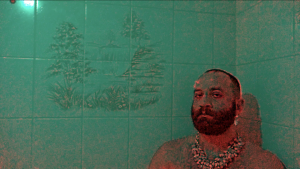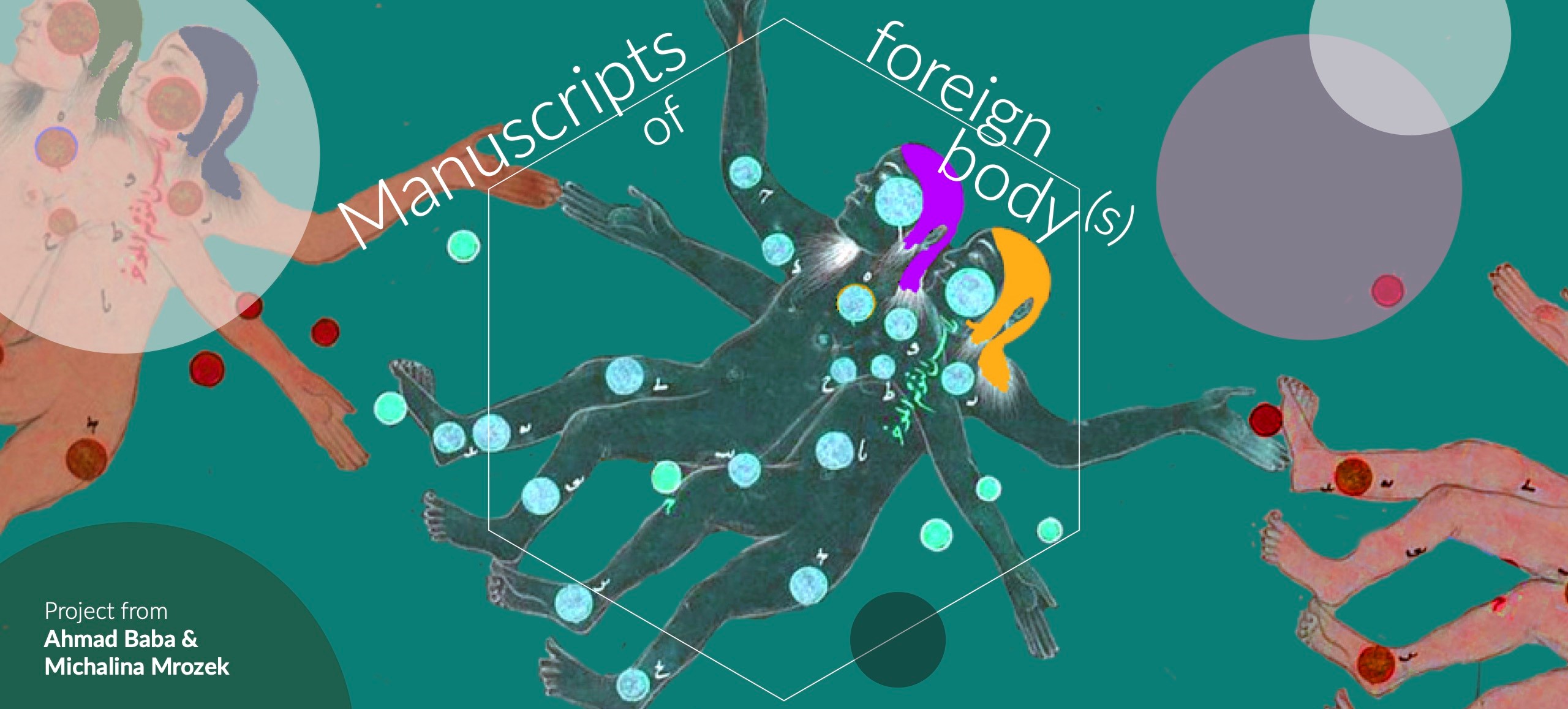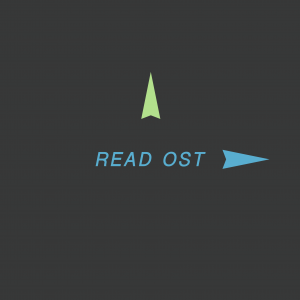panel discussion in English
11.09.2021 um 19:00-20:30
Deutsch unten
“Bodies and Borders: Berlin X Stettin ” is an online panel discussion, hosted by Ahmad Baba, as part of the project “ Manurscripts of Foreign Body(s) “, inviting queer activist from Stettin,Poland, Monika Tichy with Sara and Alexandra, to discuss the questions around, how politics defines borders, and how borders target minorities and inflict harm on marginalized bodies of color (QTBIPOC).
The panel discussion will reshape borders on the level of body(s) seen as battlefields, and as the victims of systems that perpetuates fundamentalist, imperial, discriminatory and racist narratives, that aims to portray “ different “ body(s) as inferior, unnatural, and out of the heteronormative spectrum. Europe promotes itself in the world as a safe haven for LGBTQIA+ body(s), specifically immigrants and of color, but how much is that of a reality? On the other side, the European saviorism narrative wants to portray these communities as victims outside of the democratic west, while the focus should be on how they become victims of systems that promote inclusivity and safety, while actually causing more harm. How about shedding more light on survival as a resilience act of marginalized bodies?
In Poland the situation has risen against LGBTQIA+ and women, making it unbearable for the communities to live their lives in the safety they also have been promised, so how much borders are defining the oppressive acts of governments on lives of minorities? And how does activism as a tool of change manifest and shape the experiences of people, whom by choice or without being entitled to that position?
The panel will bridge experiences of LGBTQIA+ individuals, from Berlin to Stettin, and connect the points on how the communities bind on experiences of oppressions, taking in consideration intersectionality of identities, and how can we improve the situations of targeted bodies in different cities and parts of the world, by working towards deconstructions of facist ideologies while creating saf(er) spaces that highlights resilience and strength of QTBIPOC communities, and allow accesses to more spaces for growth.

Monika Pacyfka Tichy
a rebel, activist, motorcyclist, feminist, traveler, filmmaker, photographer, journalist, writer. She used to be a motorcycle racing organizer and racers promoter, but she quit when „PiS“ Party came to power and the human rights in Poland were in danger. She established LGBT+ NGO in her city of Szczecin and organizes Pride Marches since then. She’s a Białystok pogrom survivor and Polish „queen of Prides“, as in 2019 she participated in 24 of them (out of 30). Since October 2020 she organizes also Women’s Strike protests regarding abortion ban, and recently was targeted by leader of anti-choice Polish movement leader to be defamed in government media. She loves her Chosen Family, The Wachowskis movies and Pol’and’Rock (former: Woodstock) Festival.

Ahmad Baba
is an interdisciplinary and social artist, currently a dance movement therapist (M.A) in the making, investigating intersectionality in arts therapies and gender body politics and mental health for marginalized communities. Since 2016 he is conceptualizing and developing pragmatic critical collective workshops and visual projects with QTBIPOC groups and artists focusing on alternative narratives for identity(s) and a different approach to experiences of oppression(s) that communities of color face in a western context.
„Bodies and Borders: Berlin X Stettin “ ist eine Online-Podiumsdiskussion, die von Ahmad Baba im Rahmen des Projekts „Manurscripts of Foreign Body(s)“ veranstaltet wird. Eingeladen sind die queere Aktivistin aus Stettin, Polen, Monika Tichy sowie Sara und Alexandra, um die Fragen zu diskutieren, wie Politik Grenzen definiert und wie Grenzen Minderheiten angreifen und marginalisierten QTBIPOC Community Schaden zufügen.
Die Podiumsdiskussion wird Grenzen auf der Ebene von Körpern neu gestalten, die als Schlachtfelder und als Opfer von Systemen gesehen werden, die fundamentalistische, imperiale, diskriminierende und rassistische Narrative aufrechterhalten, die darauf abzielen, „andere“ Körper als minderwertig, unnatürlich und außerhalb des heteronormativen Spektrums darzustellen. Europa wirbt in der Welt damit, ein sicherer Hafen für LGBTQIA+-Körper zu sein, insbesondere für ImmigrantInnen und QTBIPOC Community, aber inwieweit ist das auch Realität? Auf der anderen Seite will das europäische Retter-Narrativ diese Community als Opfer außerhalb des demokratischen Westens darstellen, während der Fokus darauf liegen sollte, wie sie zu Opfern von Systemen werden, die Inklusivität und Sicherheit fördern, während sie in Wirklichkeit mehr Schaden anrichten. Wie wäre es, das Überleben als einen Akt der Resilienz marginalisierter Körper zu beleuchten?
In Polen hat sich die Situation gegen LGBTQIA+ und Frauen verschärft, was es für die Community unmöglich macht, ihr Leben in der Sicherheit zu leben, die ihnen auch versprochen wurde. Und wie manifestiert und formt Aktivismus als Instrument des Wandels die Erfahrungen von Menschen, die freiwillig oder unfreiwillig in dieser Position sind?
Die Podiumsdiskussion wird die Erfahrungen von LGBTQIA+ Personen von Berlin bis Stettin zusammenbringen und die Punkte verbinden, wie die Communities die Erfahrungen der Unterdrückung verbinden, unter Berücksichtigung der Intersektionalität von Identitäten, und wie wir die Situation der betroffenen Menschen in verschiedenen Städten und Teilen der Welt verbessern können, indem wir auf die Dekonstruktion faschistischer Ideologien hinarbeiten und gleichzeitig sichere(re) Räume schaffen, die die Widerstandsfähigkeit und Stärke der QTBIPOC-Community hervorheben und den Zugang zu mehr Räumen für Wachstum ermöglichen.

Förderung des Fonds Soziokultur aus dem Programm der Beauftragten der Bundesregierung für Kultur und Medien (BKM) „NEUSTART KULTUR“


